Enjoy the highs and lows of magnificent journeys without leaving the comfort of your armchair
From Bill Bryson’s European rail trips to Evelyn Waugh’s arduous journey through the badlands of British Guiana, William Cook shares his top 20 books for lockdown escapism

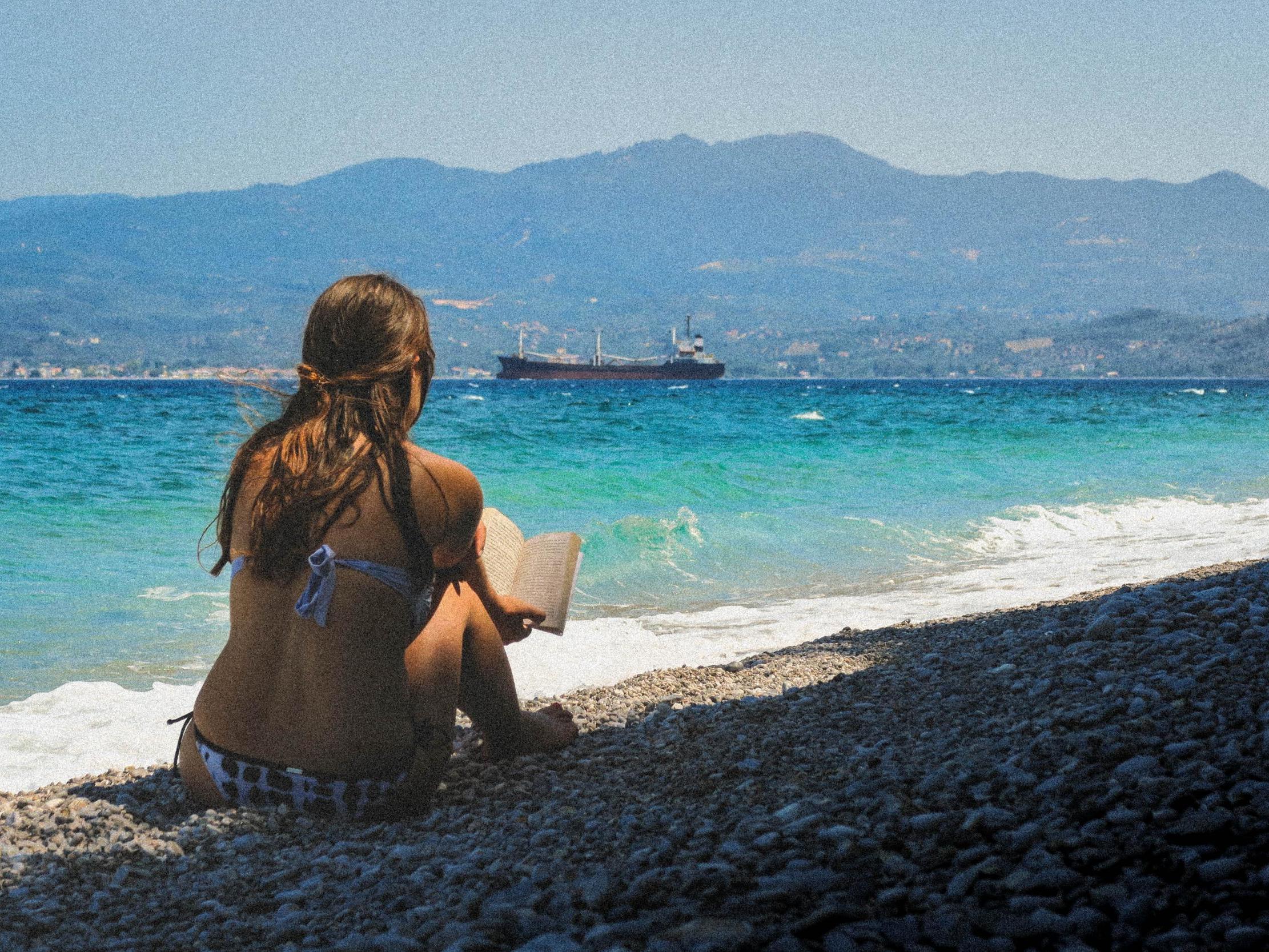
Apart from a day trip to Boulogne with my mum when I was seven, I didn’t go abroad until I turned 18. For my fiftysomething generation, that was not unusual. Foreign travel was expensive, and lots of lower middle-class families like mine had an irrational aversion to holidaying anywhere “overseas”.
Of course this merely fuelled my wanderlust, but until I left home there wasn’t much I could do about it. Until then, I travelled the world by reading books – travel books of every kind. It was these books which made me want to be a travel writer, something I’ve scratched a living at for 30 years, and now I can no longer go abroad I’m digging out those old books again.
For me, a travelogue is the best sort of book for days like these. You’re on a journey with someone whose company you enjoy, sharing all their highs and lows without leaving the comfort of your armchair. In these strange times, when we’re all increasingly confined, it feels like a great escape, a precious link with a wider world we’ve (hopefully temporarily) forsaken. So, to ease you through the next few weeks (or months) here’s my top 20.
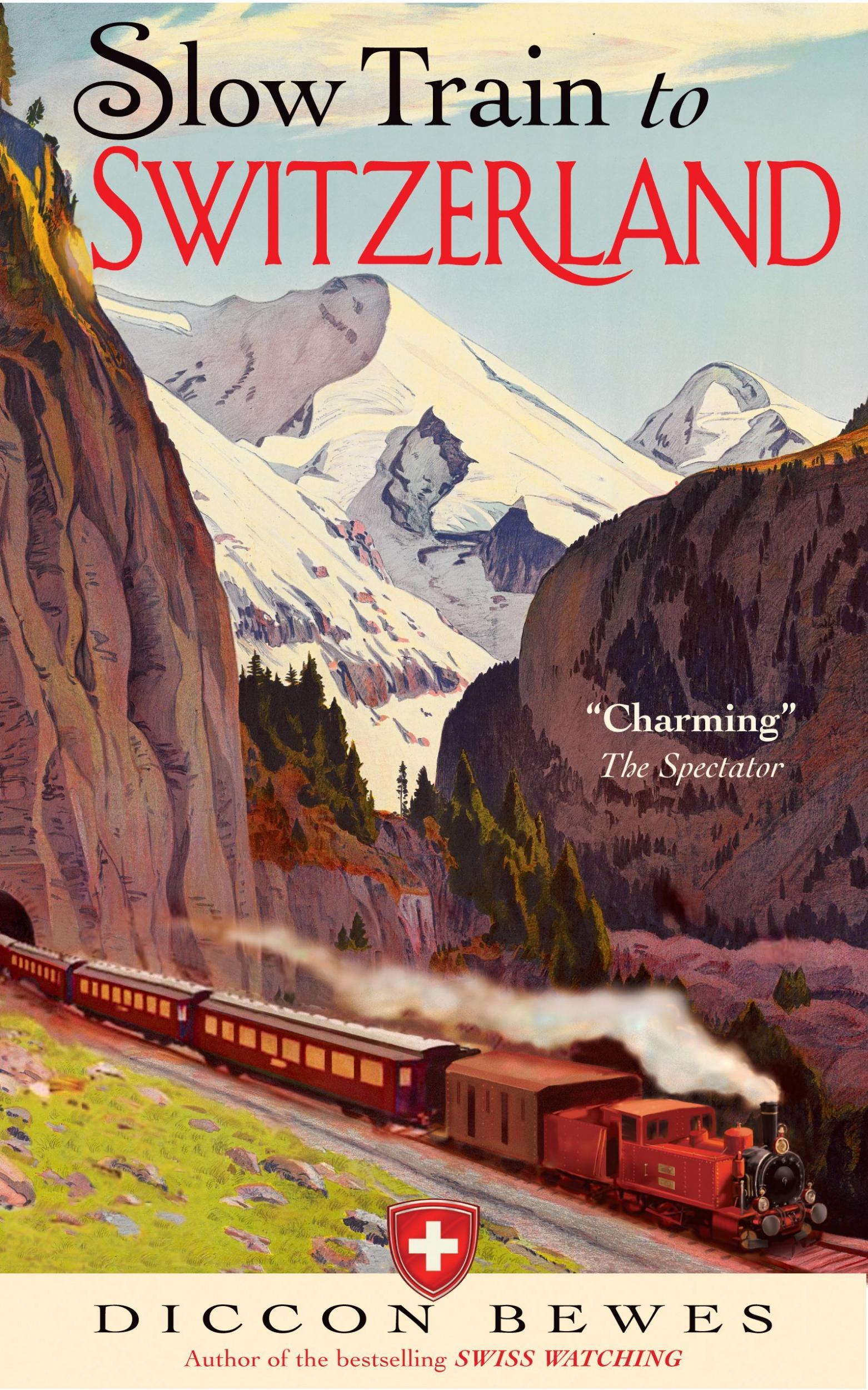
Slow train to Switzerland
by Diccon Bewes
In 1863 seven members of the Junior United Alpine Club set off from London on Thomas Cook’s first conducted tour of Switzerland, heralding the advent of the Swiss tourist trade. One of them, a young lady called Jemima Morrell, kept a diary, and 150 years later Diccon Bewes, an Englishman who lives in Switzerland, had the bright idea of retracing this pioneering package holiday, using Jemima’s account as a guide. The result is a fascinating survey of how Switzerland has been transformed from a poor, inhospitable wilderness into the world’s most user-friendly travel destination.
The Songlines by Bruce Chatwin
"I have a vision of the Songlines stretching across the continents and ages; that wherever men have trodden they have left a trail of song; and that these trails must reach back, in time and space…" Bruce Chatwin’s beautiful, bizarre book is an absurdly ambitious attempt to unlock the secret truths of Aboriginal culture – and although it ultimately fails to fulfil this quixotic quest, there are moments of extraordinary poetry and profundity along the way.
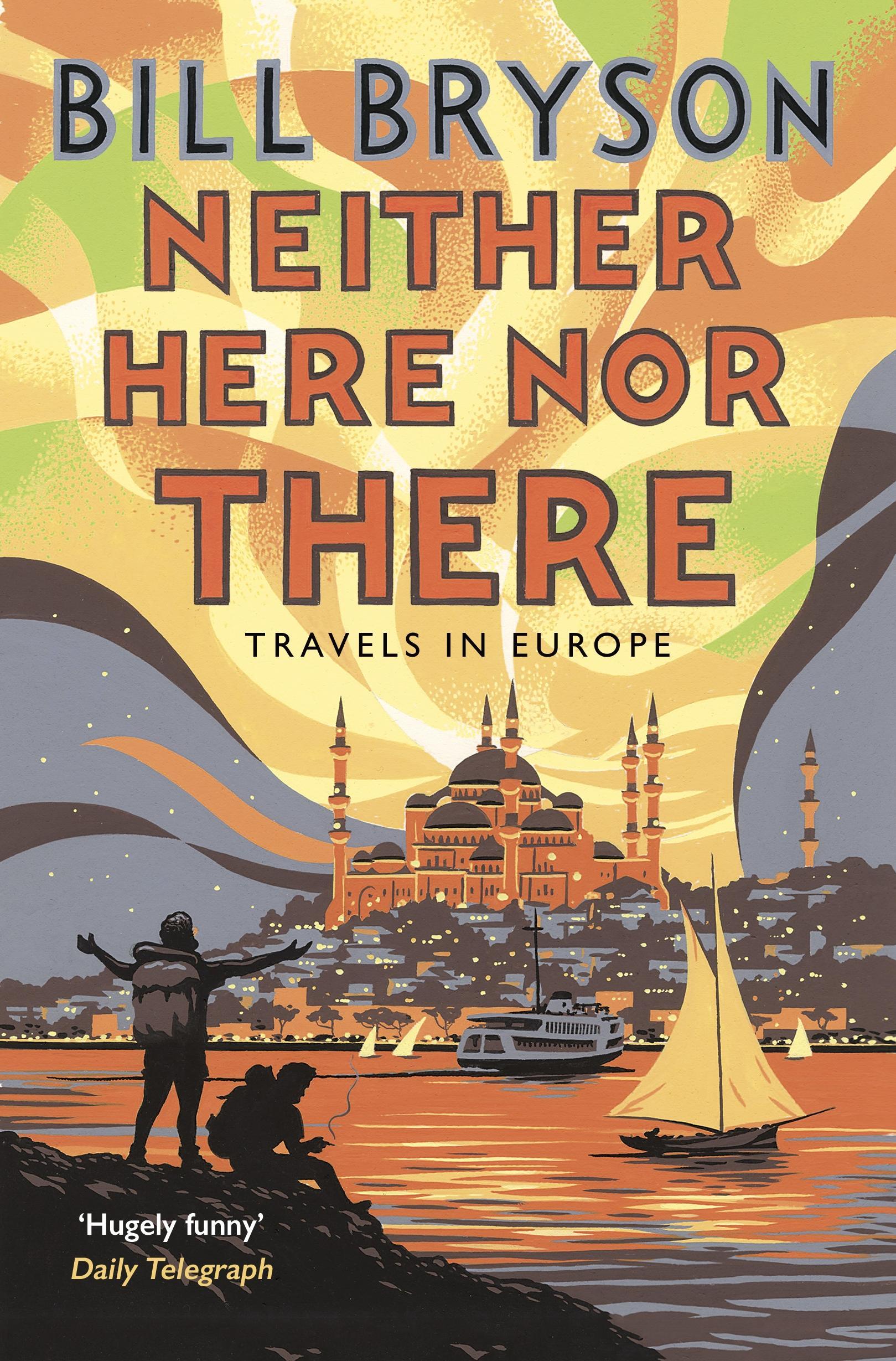
Neither here nor there
by Bill Bryson
"The first time I came to Europe was in 1972, skinny, shy, alone." Bill Bryson is probably best known for his affable, readable books about his native America (The Lost Continent, A Walk in the Woods) and his adopted Britain (Notes from A Small Island, The Road to Little Dribbling) but my favourite is Neither Here Nor There, in which he attempts to replicate his first youthful European rail trip – and discovers it’s him, not Europe, that’s really changed.
Skating to Antarctica by Jenny Diski
Novelist Jenni Diski sails south, as far south as she can, in search of… Well what, exactly? This isn’t a conventional travelogue, as such – more a reflection on childhood and motherhood, madness and sanity, dark and light. If this haunting memoir leaves you hungry for more, her Stranger on a Train – Daydreaming & Smoking around America with Interruptions – is just as good.
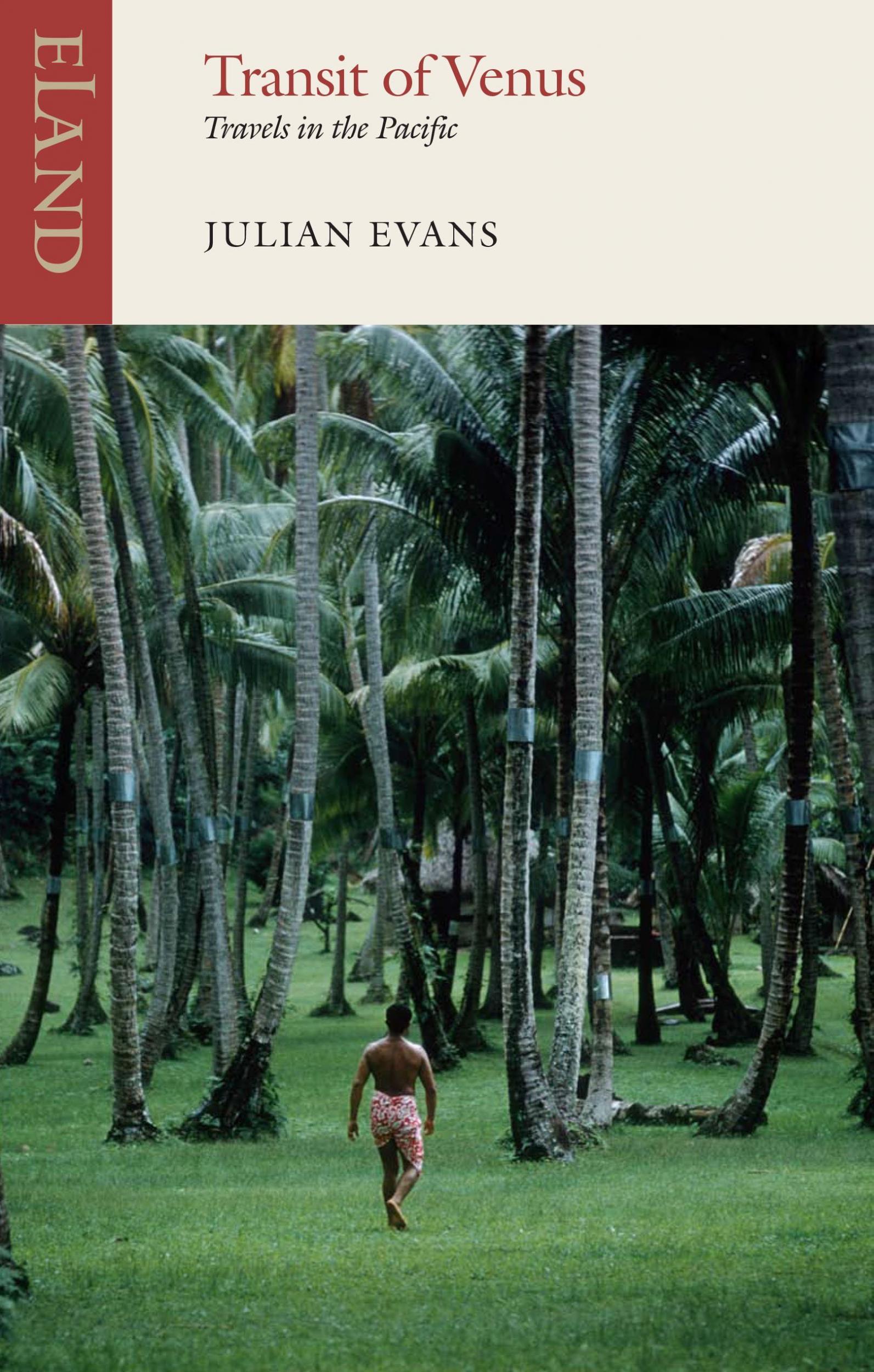
Transit of Venus by Julian Evans
"You didn’t need imagination to leave London behind. You only needed to hate it." Julian Evans travels around the islands of the South Pacific, following Captain Cook’s first voyage of discovery, and sees how western civilisation has polluted this fragile habitat, and its native culture. By rights, this should be a gloomy book, a glum requiem for a vanished world, but Evans has such a sharp eye for detail and such a keen ear for dialogue that, against all odds, it’s actually a hugely entertaining read.
Travels with myself and another by Martha Gellhorn
She’s most famous as a war correspondent, but I prefer Martha Gellhorn’s travel writing. She never considered herself a “proper” travel writer and that’s what makes her travel writing so fresh and unaffected. This book is subtitled Five Journeys from Hell, but these five trips aren’t so much disasters as disappointments – a much more common experience, and far harder to write about.
This book was written several decades after many of these mishaps, but her powers of recall are exceptional, and that distance gives her the detachment to write candidly about the foibles and failings of her younger self. “We’re not heroic like the great travellers but all the same we amateurs are a pretty tough breed,” she says. “No matter how horrendous the last journey we never give up hope for the next one, God knows why.”
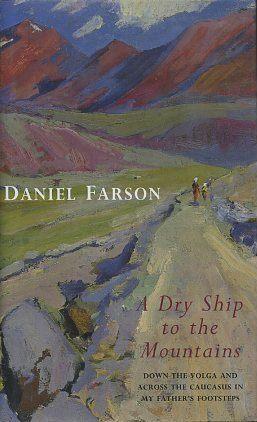
A dry ship to the mountains
by Daniel Farson
Journalist, broadcaster, author, pub landlord and merchant seaman, Daniel Farson’s life was full of incident, and his famous father, the American foreign correspondent Negley Farson, was even more intrepid. In 1991 Daniel retraced a journey his father made in 1929, crossing the Caucasus Mountains on horseback. The fact that Daniel (who liked a drink) is clearly too old – and far too unfit – for such a taxing trip is what makes his story so enchanting.
The dark room at Longwood by Jean-Paul Kauffmann
In 1985 French journalist Jean-Paul Kauffmann was kidnapped in Beirut and held hostage for three years. In 1997 he sailed to St Helena, that remote island in the South Atlantic, midway between Africa and South America, where the British imprisoned Napoleon after Waterloo, until he died. Kauffmann never discusses his own ordeal in this lucid travelogue, but his deep understanding of captivity and isolation informs every page of this calm, insightful book.
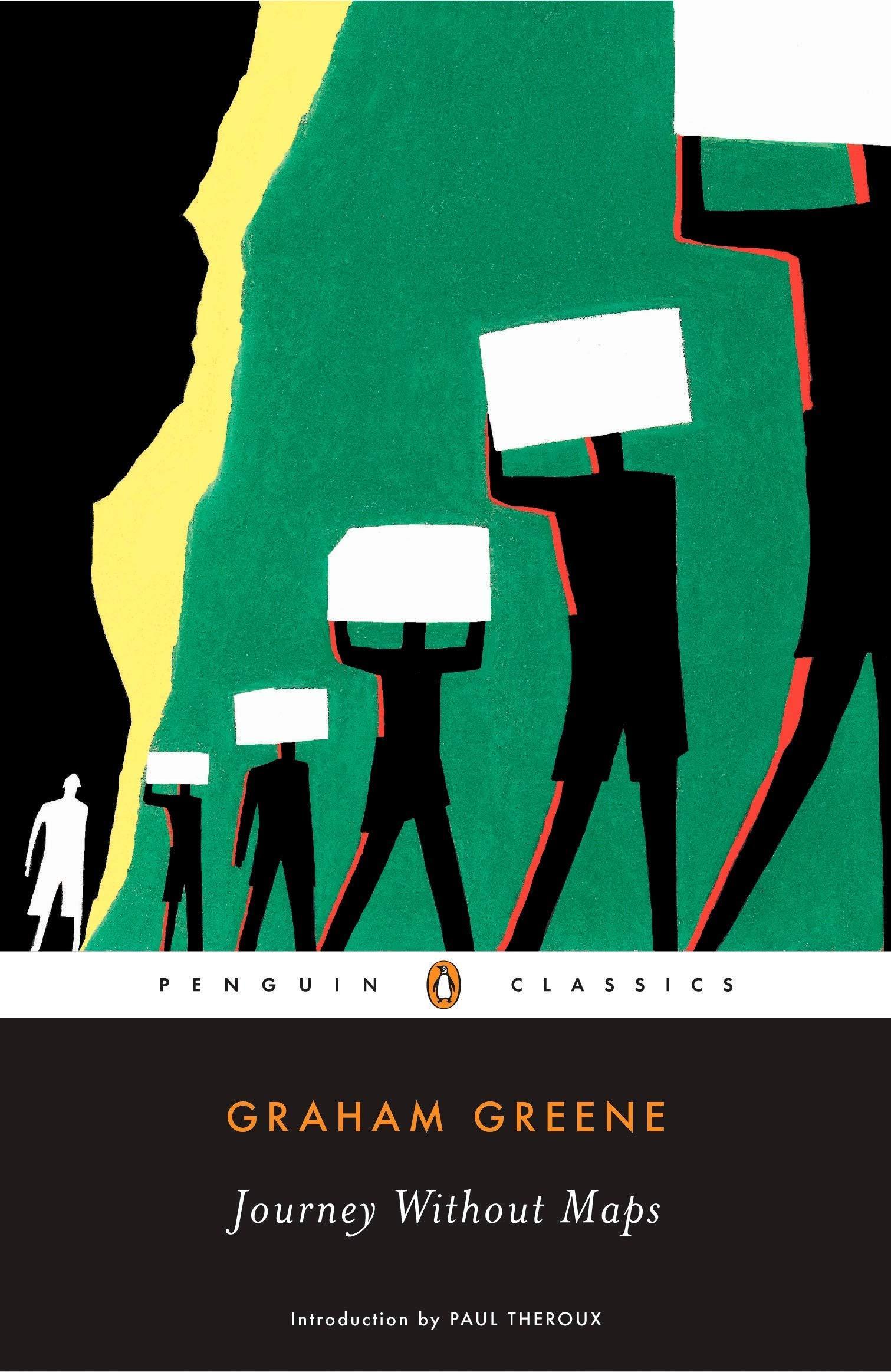
Journey without maps
by Graham Greene
In 1936, Graham Greene sailed to West Africa with his 23 year-old cousin Barbara, to pursue a half-baked plan to walk across Liberia. He’d never been to Africa before. He couldn’t drive a car or read a map or even use a compass. Inevitably he had a dreadful time, and his unhappiness makes this book come alive. “I wanted to laugh and shout and cry,” he writes, when he reaches the grateful close of his haphazard journey. “It was the end, the end of the worst boredom I had ever experienced, the worst fear and the worst exhaustion.” But it made the best of books.
The great American bus ride by Irma Kurtz
Did you think Irma Kurtz was just an Agony Aunt? Then think again. She’s written all sorts of stuff, not just problem pages in women’s magazines, and in this book she returns to her native America, after 30 years in London, criss-crossing the country by Greyhound Bus. Kurtz is a great listener, and every other passenger seems to want to tell her their life story. On these budget trips to No-wheres-ville she sees the real America, and it’s her conversations with real Americans which make this book live and breathe.
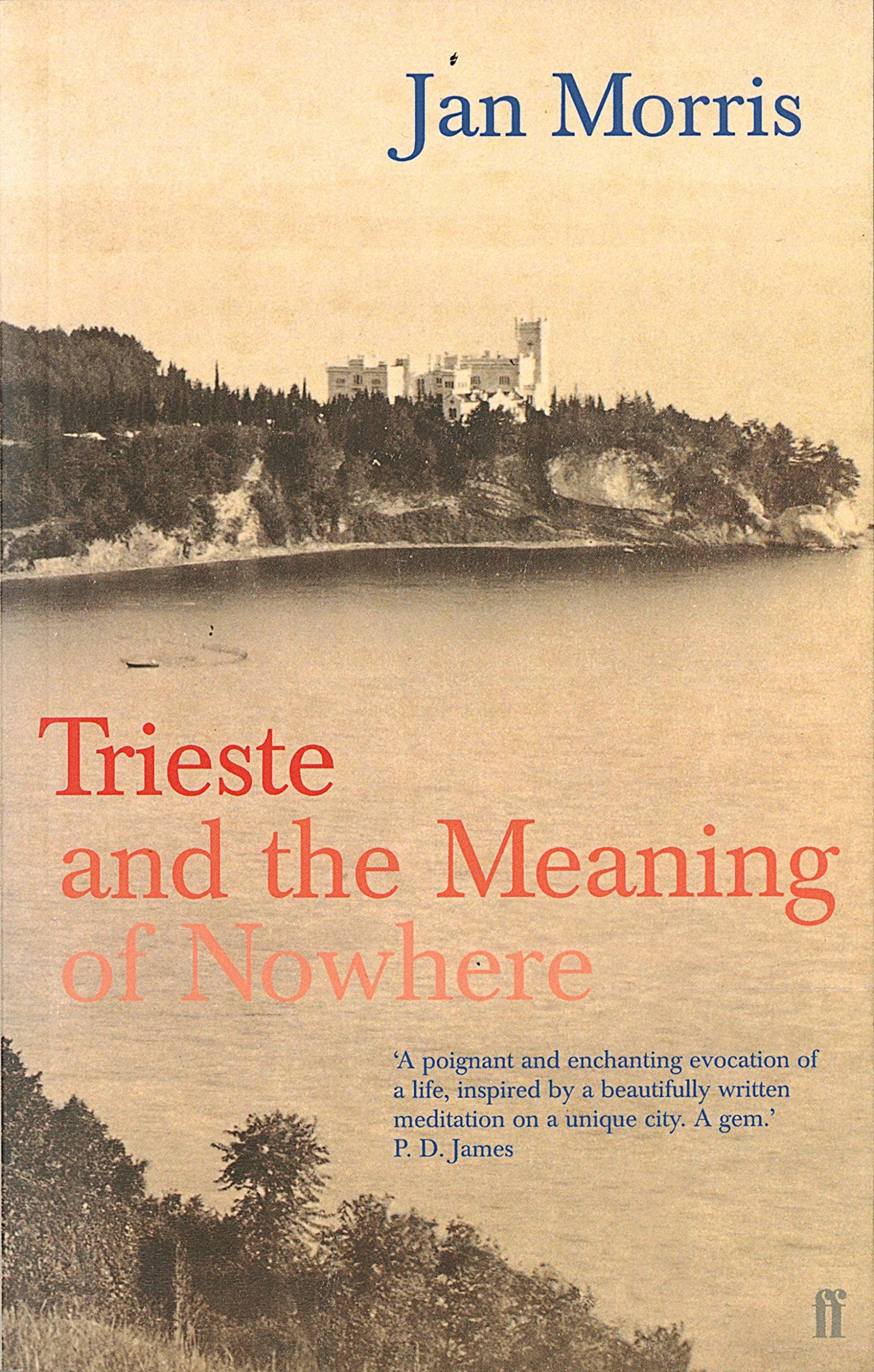
Trieste and the meaning of nowhere by Jan Morris
Borderlands are poignant and melancholy places, and nowhere I’ve visited is quite so poignant and melancholy as Trieste. A curious melange of Romantic, Teutonic and Slavonic cultures, it used to be in Austria and ended up in Italy, but in fact it feels like neither – a no-man’s land, a place apart. The author first came here as a man (James Morris) and returned as a woman (Jan Morris) and the contrast between her first visit, as a soldier, and her subsequent visits, as a writer, provides a personal backdrop to this intensely atmospheric book.
To the end of the Rhine by Bernard Levin
After the Second World War a lot of British Jews wanted nothing to do with Germany (and you could hardly blame them) but throughout his long career Britain’s greatest postwar journalist maintained an intimate relationship with the Bundesrepublik. He never forgot Germany’s dark past but he was a lifelong lover of German culture and this delightful, discursive book is his heartfelt homage to the river that’s fundamental to Germany’s sense of self.
An area of darkness by VS Naipaul
The author was born and raised in Trinidad but his family came from India, and his return to his ancestral homeland, in his 30th year, is the subject of this engrossing, disturbing travelogue. His revelations are often shocking but they’re underpinned by a deep sympathy for human suffering, and though he writes with ruthless candour about India’s poverty and squalor, there’s nothing cruel or cynical about this austere account. He simply tells the truth.
All the trouble in the world by PJ O’Rourke
The thinking person’s Republican (who now seems like a liberal compared to Trump), PJ O’Rourke is a wicked satirist and a first rate reporter, and this globetrotting book, published in 1994, now seems horribly pertinent. Subtitled The Lighter Side of Famine, Pestilence, Destruction & Death, it’s amusing as well as sobering, and the jokes serve an important function: would you really bother reading a book about this kind of thing if it wasn’t so entertaining?
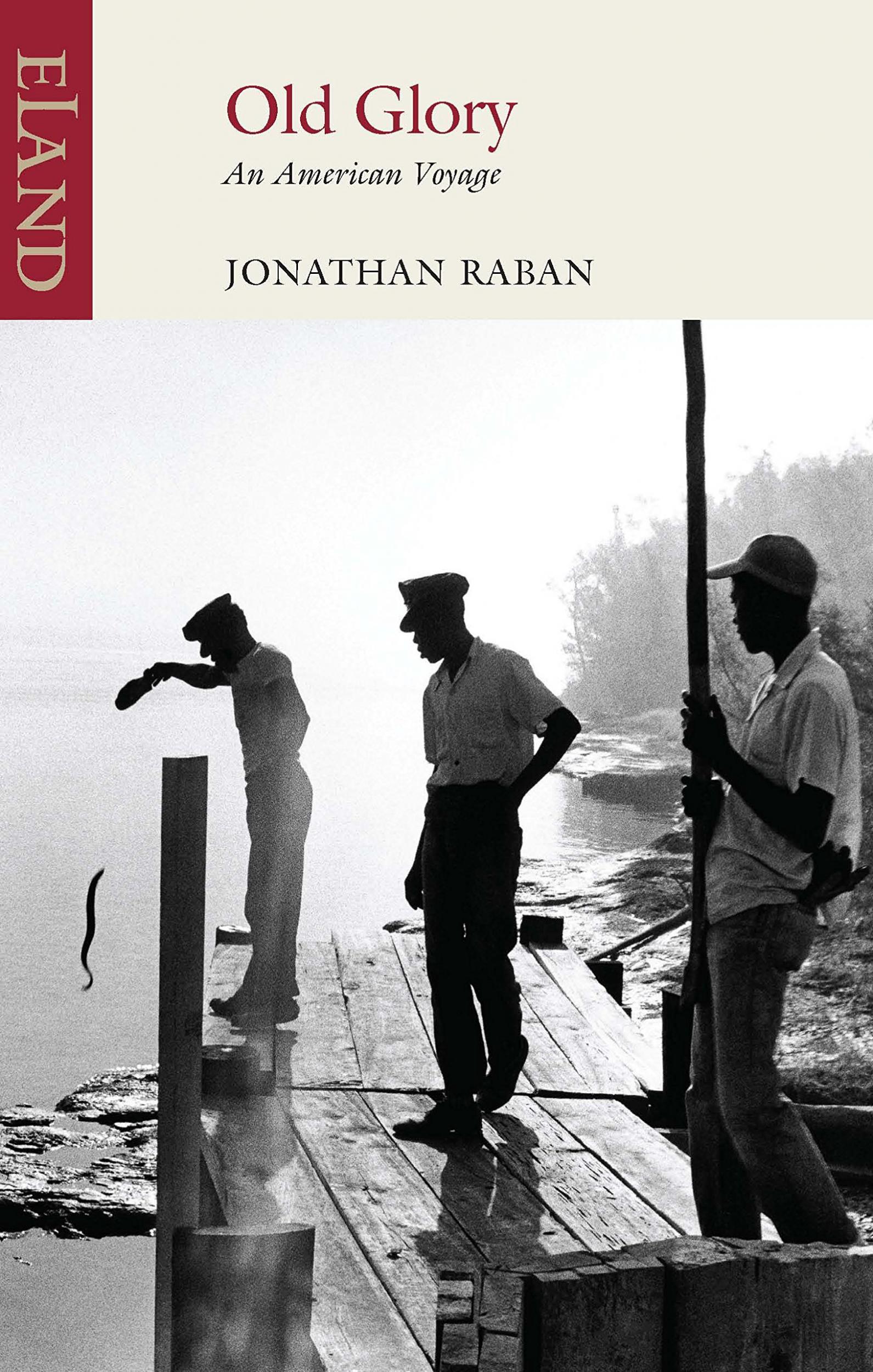
Old glory by Jonathan Raban
When Jonathan Raban was seven he read Huckleberry Finn, and that joyful novel made him yearn to follow Mark Twain’s hero down the Mississippi. Half a lifetime later he finally realised this ambition, and the best thing I can say about his epic voyage along this mighty river ("as big and depthless as the sky itself") is that it bears comparison with Twain’s timeless classic.
The happy isles of Oceania by Paul Theroux
Which travel book to read by Paul Theroux, when there are so many treasures to choose from? The Great Railway Bazaar, about his train journey from London to Tokyo – and back again? Riding The Iron Rooster, about his railway trip around China? The Pillars of Hercules, about his voyage around the Mediterranean? They’re all wonderful, but if I had to pick one and one alone it’d be this life-affirming Pacific odyssey, starting in dull despair in London, and ended in Hawaii, where he made a new home and a new life.
In Siberia by Colin Thubron
I always thought Siberia was an empty place until I read this wise, reflective book, and realised it’s full of life – and history. Colin Thubron travels 15,000 miles, from Yekaterinburg in the Urals to Vladivostok on the Pacific, and paints a vivid picture of a vast land, of infinite suffering and immense beauty.
The last wrestlers by Marcus Trower
My good friend Marcus Trower wanted to write a book about wrestling – the world’s oldest, most elemental sport – and ended up writing a book about modern masculinity. This "far flung journey in search of a manly art" took him all around the world, from India to Mongolia, from Brazil to Nigeria. Along the way, almost by accident, he wrote this moving, illuminating travelogue. RIP
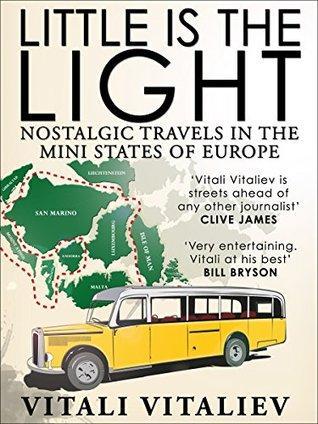
Little is the light
by Vita Vitaliev
Vita Vitaliev grew up in the Soviet Union, and defected to the west when the KGB took exception to his writing in a satirical periodical called Krokodil. Having fled the biggest country in the world, he wanted to write about some of the smallest ones, so he embarks on an amiable trek around Europe, visiting little Lilliputian countries like Andorra, Monaco and San Marino, delighting in their diversity and eccentricities – a stark contrast with his grim memories of life in the USSR. Written in 1995, during that halcyon decade between the fall of the Berlin Wall and the fall of the Twin Towers, this engaging travelogue now reads like an elegy for a more optimistic age.
Ninety-two days by Evelyn Waugh
Waugh was such a brilliant novelist that his travel writing tends to get a bit forgotten, but his travelogues are terrific fun, imbued with the dry, sardonic wit which makes his fiction so compelling. My favourite is this gloriously grumpy account of an arduous journey through the badlands of British Guiana, which inspired his sinister short story, The Man Who Liked Dickens, and his heartbreaking novel, A Handful of Dust. Never has a journey been less entertaining to undertake, and more entertaining to read about. And, in the end, isn’t that what travel writing should be all about?
Join our commenting forum
Join thought-provoking conversations, follow other Independent readers and see their replies
0Comments